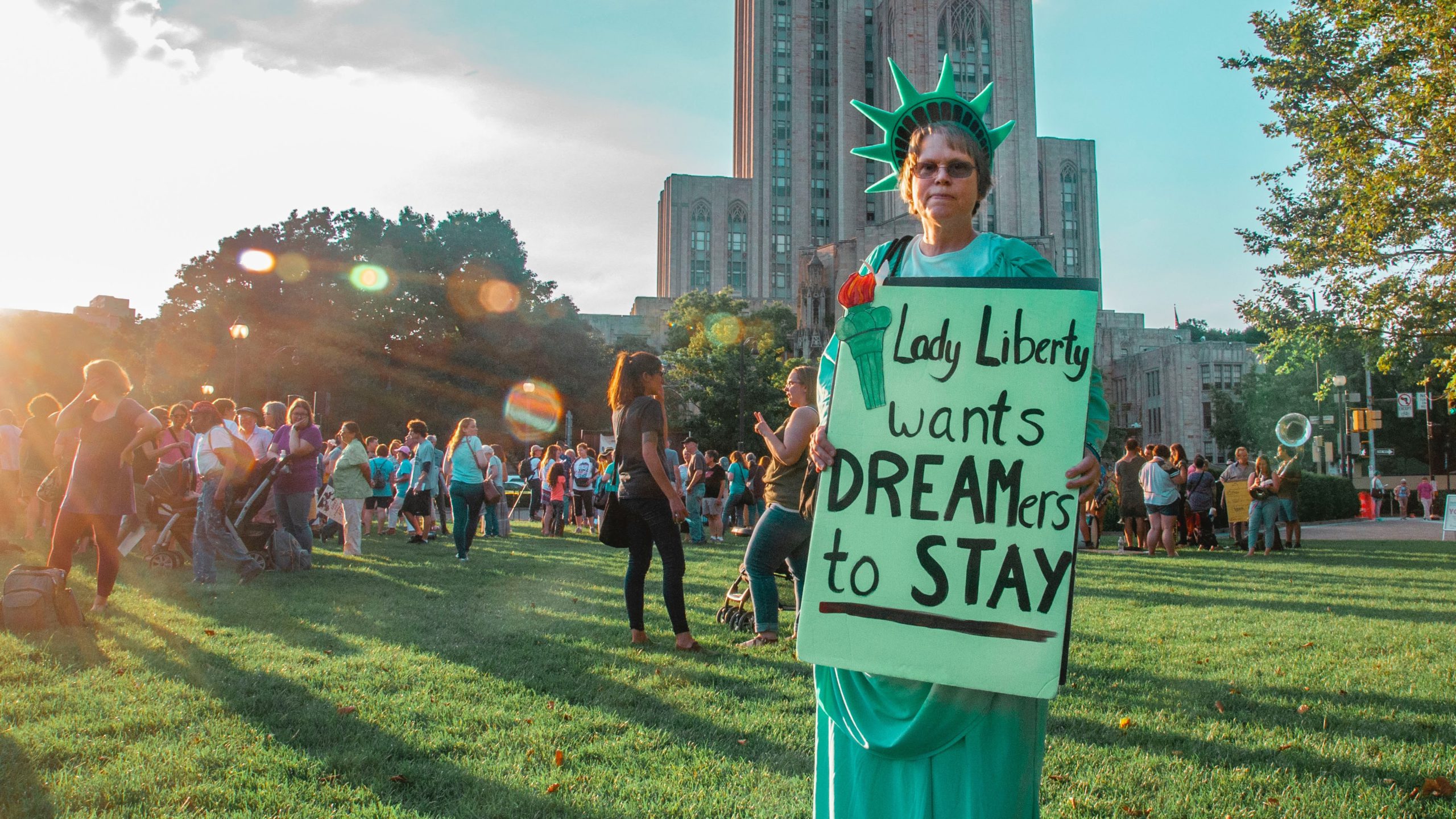If you are afraid to return to your home country, you may be eligible for asylum. Asylum is a form of protection offered by the U.S. Government to foreign nationals who are in the United States and are afraid to return to their home countries. To be eligible for asylum, you must have suffered persecution or fear that you will be persecuted in the future because of your race, religion, nationality, political opinion, or membership in a particular social group. The term “persecution” encompasses acts such as physical violence, rape, torture, threats of harm, unlawful detention, unlawful surveillance, forcing you to engage in conduct abhorrent to your deepest beliefs, severe discrimination and harassment, and substantial economic deprivation.
Even if you establish you have or will be persecuted because of your race, religion, nationality, political opinion, or membership in a particular social group, you may be ineligible for asylum. You may not be permitted to apply for asylum if you:
- Did not file your Form I-589, Application for Asylum and for Withholding of Removal within one year of your last arrival in the U.S. unless you can establish an extraordinary or changed circumstances excusing your delayed filing;
- Had a previous asylum application denied by the Immigration Court or Board of Immigration Appeals; or
- Can be removed to a safe third country under an agreement between the United States and other countries.
In addition, you will not be granted asylum if you:
- Ordered, incited, assisted, or otherwise participated in the persecution of others, because of their race, religion, nationality, political opinion, or membership in a particular social group;
- Have been convicted of a “particularly serious crime” and you pose a danger to the United States;
- Have committed a “serious nonpolitical crime” outside the United States;
- Pose a danger to United States’s security;
- Firmly resettled in another country before arriving in the United States;
- Are engaged, have engaged, or are likely to engage in terrorist activity or are the spouse or child of an individual who engaged in terrorist activity during the last 5 years;
- Have been convicted of unlawfully re-entered the United States;
- Have been convicted of alien harboring or smuggling;
- Have been convicted of crimes that the adjudicator knows or has reason to believe were related to the activity of a criminal street gang;
- Have been convicted of driving while intoxicated or impaired where such impaired driving was the cause of serious bodily injury or death of another;
- Have been convicted of a second or subsequent offense for driving while intoxicated or impaired;
- Have been convicted of crimes involving conduct amounting to a crime of stalking, child abuse, child neglect, or child abandonment, as well as various domestic violence-related offense (you are also barred from asylum if the adjudicator knows or has reason to believe have engaged in battery or extreme cruelty within the context of domestic violence, regardless of whether you were convicted of a crime);
- Have been convicted of a misdemeanor offenses related to the possession or use of false identification, the receipt of a public benefit, or possession of a controlled substance or paraphernalia (other than a single offense involving possession for one’s own use of 30 grams or less of marijuana); and/or
- Have been convicted of any felony.
You may request asylum by filing either an “affirmative” or “defensive” asylum application. An “affirmative” asylum application is where you file an asylum application with USCIS without being placed in removal proceedings. You will file your asylum application with USCIS and be interviewed at the local Asylum Office. A “defensive” asylum application is filed while you are in removal proceedings and you are trying to avoid being removed from the U.S. Your asylum application will be considered by an Immigration Judge at an Individual Merits Hearing.
The process for seeking asylum is complicated. Asylum law is constantly evolving and extremely nuanced. There are many questions that need to be addressed such as (1) what harm were you subjected to?; (2) who harmed you?; (3) why were you harmed?; and (4) are there any mandatory or discretionary grounds for denial present? Our team of experienced and compassionate immigration attorneys can help you navigate this complex landscape and present your strongest case.
IMPORTANT INFORMATION:
- Ability to work in the U.S.
You may apply for employment authorization if your asylum application has been pending for at least 150 days, excluding any delays you may have caused such as requesting to reschedule your interview, and a final decision has not been made on your asylum application.
If you are granted asylum, you are authorized to work immediately. You do not need an Employment Authorization Document (i.e. EAD) to begin working. as an asylee. However, many asylees choose to obtain an EAD for convenience or identification purposes.
- Bringing your family to the U.S.
When you apply for asylum, your spouse and/or unmarried children under the age of 21 who are in the United States with you can be included as derivative beneficiaries. This means that if your asylum application is granted, your spouse and unmarried children who were under 21 at the time of you filed your asylum application will also be granted asylum status. If you are granted asylum and your spouse and/or unmarried children under 21 are not in the United States or were not included on your asylum application, you may petition to bring your spouse and children to the United States by filing a Form I-730, Refugee/Asylee Relative Petition with USCIS. You must submit this petition within 2 years of being granted asylum. This deadline can only be extended if there are humanitarian reasons to excuse your failure to file within 2 years.
To be eligible to derive asylee status through you, you must be married and/or your children must be born at the time your asylum application is granted.
- Traveling outside the U.S.
If you are granted asylum, you and your family members who derive asylee status may apply for a Refugee Travel Document. A Refugee Travel Document will allow you to return to the United States after traveling abroad.
- Becoming a lawful permanent resident (i.e. green card holder)
You may apply for adjustment of status to lawful permanent resident one year after being granted asylum. To apply for a lawful permanent residence, you must file a Form I-485, Application to Register Permanent Residence or to Adjust Status with USCIS. Each family member who received derivative asylee status through your application must submit their own Form I-485, Application to Register Permanent Residence or to Adjust Status. To be eligible for adjustment of status, you must:
- Be physically present in the United States at the time you file your application for adjustment of status;
- Have been physically present in the United States for at least 1 year after being granted asylum;
- Continue to meet the definition of a refugee, or be a refugee's spouse or child;
- Have not firmly resettled in any foreign country;
- Not have had your grant of asylum terminated;
- Be admissible to the United States or qualify for a waiver of inadmissibility; and
- Merit the favorable exercise of discretion.









